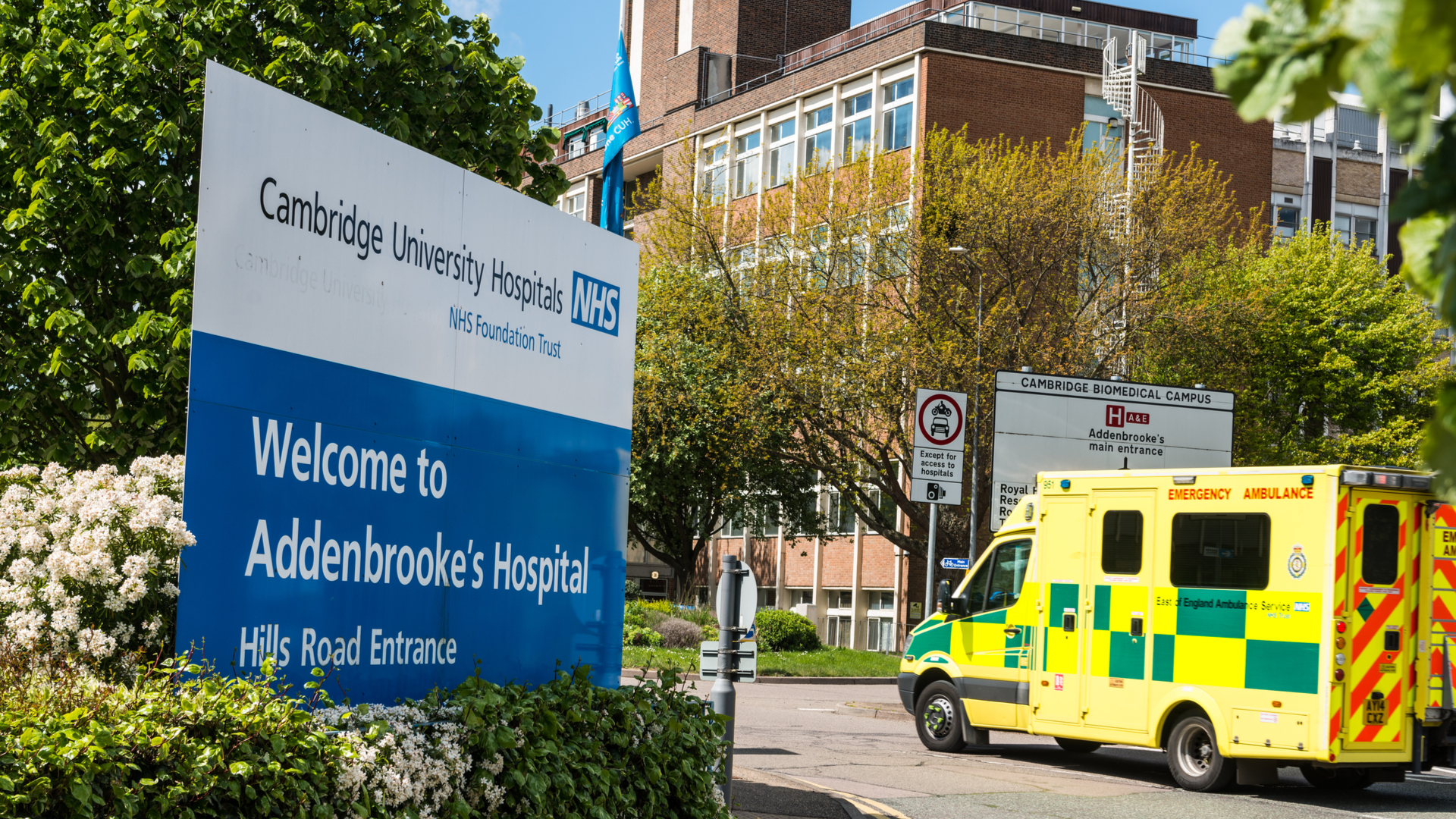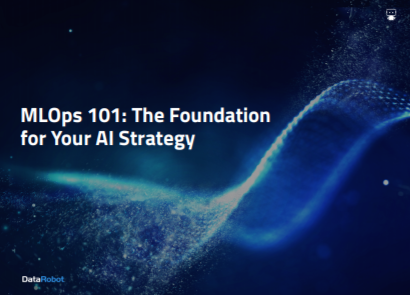Cambridge hospital becomes first to adopt Microsoft AI for cancer treatment
Addenbrooke's Hospital says the imaging AI will increase the survival rates of patients


Addenbrooke’s Hospital in Cambridge is to become the first hospital in the world to use Microsoft’s InnerEye artificial intelligence (AI) technology to treat cancer patients.
The hospital is to benefit from the InnerEye project developed by Microsoft’s Cambridge Research Lab, which uses hospital data to create AI models which automatically point out tumours on patient scans. The models are then checked by oncologists and, if the diagnosis is confirmed, the patients are referred for appropriate cancer treatment.
Project InnerEye builds upon many years of research in computer vision and machine learning. It employs algorithms such as the latest Convolutional Neural Networks for the automatic, voxel-wise segmentation of medical images, according to Microsoft.
The technology is expected to reduce the treatment planning process, which can be often lengthy, and hence increase the survival rates of patients diagnosed with fast-progressing conditions such as brain cancer.
Addenbrooke’s Hospital oncologist and InnerEye co-lead Dr Raj Jena described the results from the project as “a game-changer”.
“To be diagnosed with a tumour of any kind is an incredibly traumatic experience for patients. So as clinicians we want to start radiotherapy promptly to improve survival rates and reduce anxiety. Using machine learning tools can save time for busy clinicians and help get our patients into treatment as quickly as possible,” he said.
However, the use of Microsoft’s AI technology, which had been piloted at Addenbrooke’s over the past eight years, does not mean that human doctors will be rendered useless.
Sign up today and you will receive a free copy of our Future Focus 2025 report - the leading guidance on AI, cybersecurity and other IT challenges as per 700+ senior executives
RELATED RESOURCE

MLOps 101: The foundation for your AI strategy
What is MLOps and why do you need an MLOps infrastructure?
“It’s important for patients to know that the AI is helping me in my professional role; it’s not replacing me in the process,” said the hospital’s consultant clinical oncologist Yvonne Rimmer.
“I double-check everything the AI does and can change it if I need to. The key thing is that most of the time, I don’t need to change anything,” she added.
Last month, the government unveiled a new fund that will inject £20 million into AI R&D projects and chose the University of Manchester’s Professor Christopher Yau as one of the recipients. Yau aims to improve the methods of tracking cancer by using AI to predict its development before it is fully formed, improving patients’ survival and recovery rates.
Having only graduated from City University in 2019, Sabina has already demonstrated her abilities as a keen writer and effective journalist. Currently a content writer for Drapers, Sabina spent a number of years writing for ITPro, specialising in networking and telecommunications, as well as charting the efforts of technology companies to improve their inclusion and diversity strategies, a topic close to her heart.
Sabina has also held a number of editorial roles at Harper's Bazaar, Cube Collective, and HighClouds.
-
 The modern workplace: Standardizing collaboration for the enterprise IT leader
The modern workplace: Standardizing collaboration for the enterprise IT leaderHow Barco ClickShare Hub is redefining the meeting room
-
 Interim CISA chief uploaded sensitive documents to a public version of ChatGPT
Interim CISA chief uploaded sensitive documents to a public version of ChatGPTNews The incident at CISA raises yet more concerns about the rise of ‘shadow AI’ and data protection risks
